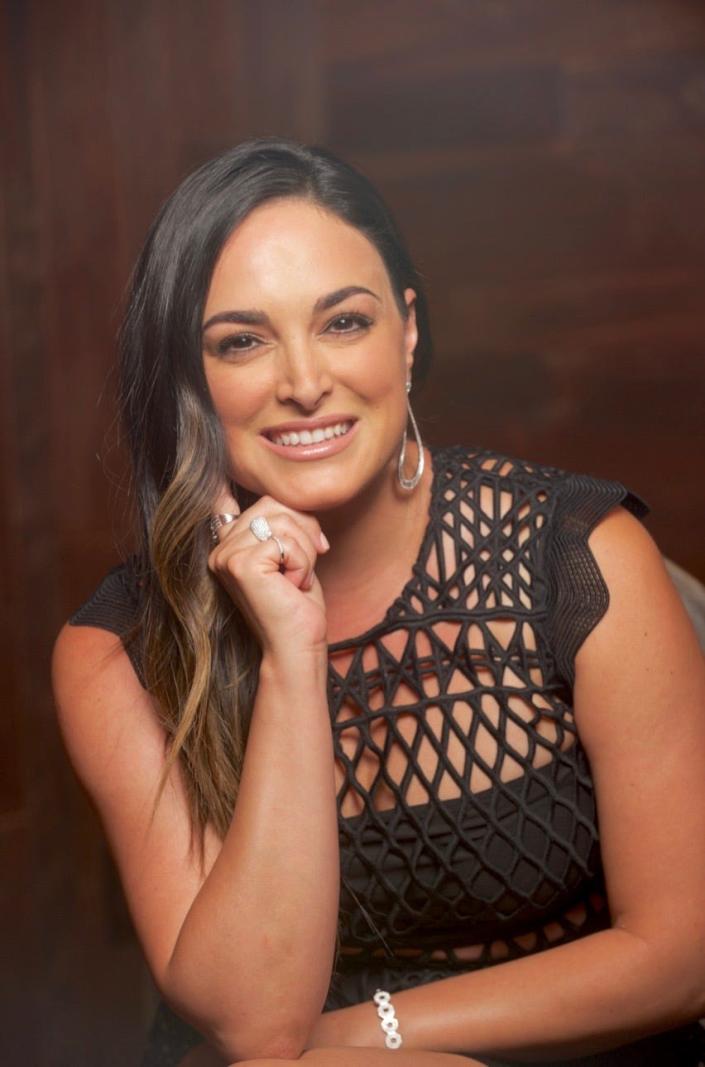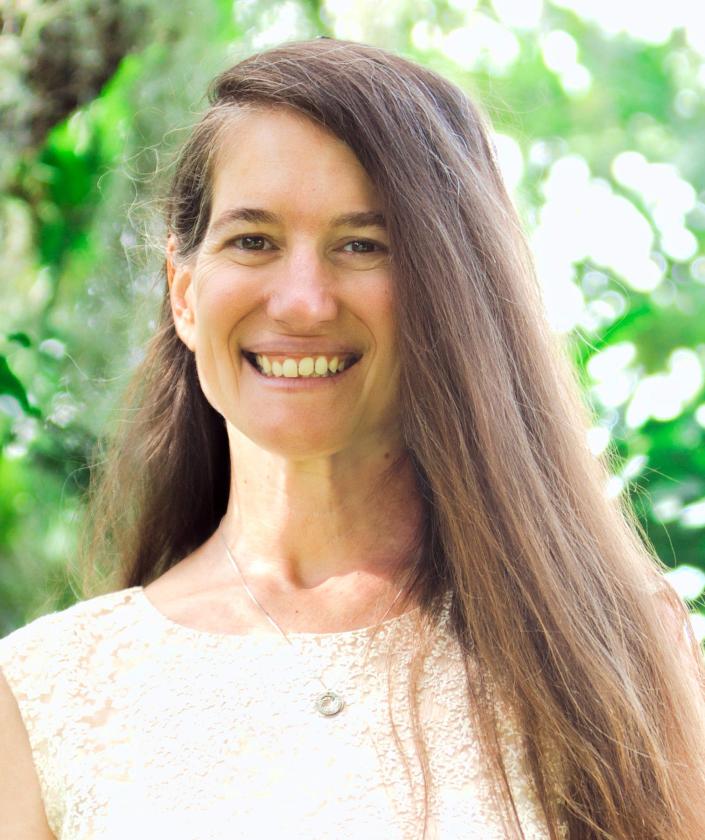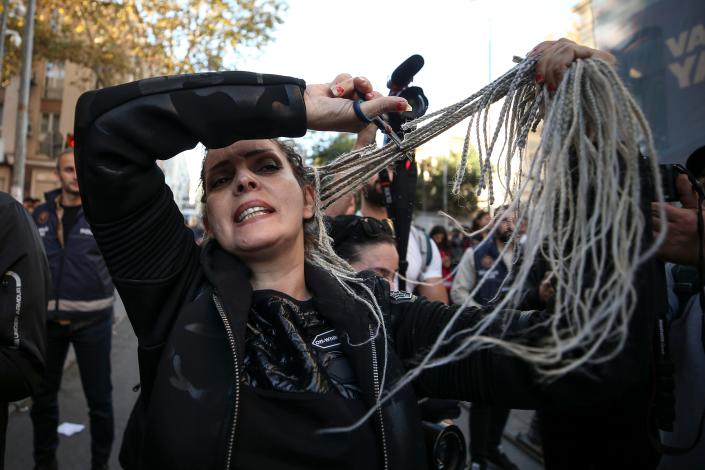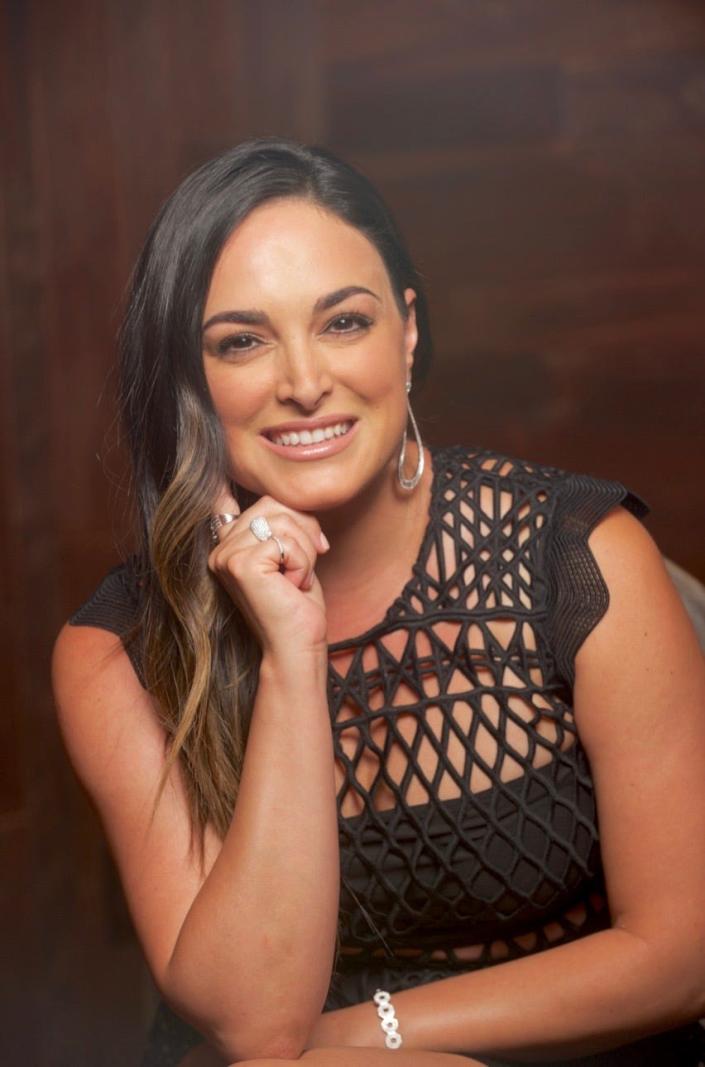


On Sept. 13, 2022, 22-year-old Mahsa Amini was arrested by the Iranian morality police for exposing her hair. She was brutally beaten and died in a Teheran hospital three days later.
Amini’s death sparked fervent protests and revolts across Iran – the result of 43 years of women’s suppression by the supremacists who control the country.
Iranian women are forbidden to ride bicycles, jog through their neighborhoods or dance in public. They can be forcibly married at the age of 13 but may obtain divorce only with a male judge’s approval. Married women cannot travel without the consent of their husbands, and they face imprisonment for exercising rights that we might take for granted – including failing to cover their hair with the hijab (headscarf).


The protests have been impassioned but peaceful. They have been led by courageous women demanding change in Iran’s government and an end to gender-based discrimination. But the Iranian government’s response has been vicious. It has responded with violent crackdowns that have seen leaders unleash tear gas, batons, tasers and even live ammunition on their own citizens. In addition, authorities have limited internet access in a ploy to prevent footage and documentation of the atrocities that are taking place.
In all:
►Hundreds of demonstrators have been killed.
►More than 14,000 peaceful protesters have been arrested and, without receiving a fair trial, could face death sentences.
►Fifty children have been murdered.
The situation is horrific, but it feels like a world away. So why do we care?
This is why: It is actually not a world away.
There are people in our own peaceful, beautiful community whose family and friends are right now suffering under Iranian rule. These people, our neighbors, confront an agonizing choice: remain silent – in order to retain the possibility of visiting their loved ones in Iran – or speak out and risk prosecution and imprisonment if they do travel to Iran.
Freedom and a functioning democracy are central to a healthy and prosperous nation. With enough support, this moment could prove to be a turning point that transforms Iran into a liberated and open country, an inspiration to marginalized citizens in other repressive nations and an ally to Americans fighting for the rights of all women everywhere.
Women’s rights and children’s rights are human rights. The abuse of women and children is the abuse of humanity. And when a regime is built on cruelty to those who are vulnerable, the responsibility to rescue them falls to the powerful. That means us.
What can we do? This is what:
►Stay informed. There are several reliable social media accounts that provide updates in real time. We recommend following Iranian Diaspora Collective, Middle East Matters and Nazanin Boniadi on Instagram. And when the media report on Iran, we hope that you will pay attention and share, amplify and repost the news. These brave protesters need us to hear their voices, to bear witness to their struggle and to refuse to allow their oppressive leaders to erase their actions.
►Donate. The Center for Human Rights in Iran – an independent, nonpartisan and nonprofit organization – is working tirelessly to protect and promote the safety and dignity of all Iranian people, especially children, women, laborers and artists. We invite you to visit their website at www.iranhumanrights.org and to consider financially supporting this essential work.
►Stand up and speak out. As members of a free country, we hold the privilege and bear the responsibility to stand up and speak out for those who are suppressed and silenced. We encourage you to sign and share Change.org’s petition, “Speak Up Against Killing Iranian Women,” and to look out for organized rallies in nearby counties or cities. Our government officials also need to hear that they represent citizens who care deeply about the Iranian people, and that we expect to hear their voices rising in support and help.
Will change happen? Is a free Iran on the horizon? We have asked these questions of Iran’s courageous protesters. They believe so, and they work toward this achievement even at the cost of their own lives.
Do we believe in them? Will we stand with them? Iran’s courageous protesters are asking these questions of us. How will we respond?
►Sepi Ackerman is a Sarasota resident, a wife and the mother of two daughters. She is a first-generation American whose entire family still resides in Iran – but she has been unable to return to Iran since converting to Judaism.
►Elaine Rose Glickman is a rabbi and writer in Sarasota. She is the assistant executive director of the Women’s Rabbinic Network and serves local and national organizations committed to equity and justice.
This article originally appeared on Sarasota Herald-Tribune: Iran’s persecuted women need us to support their fight for freedom




